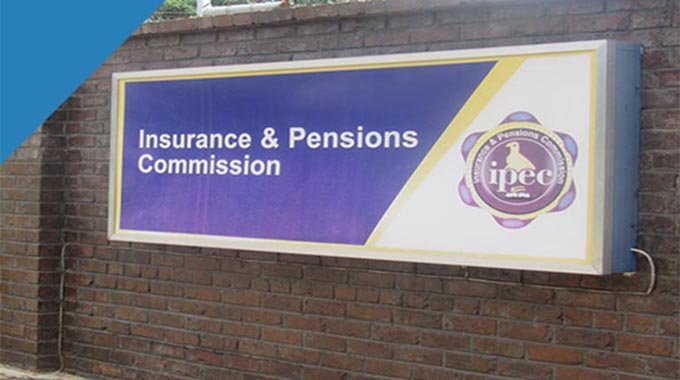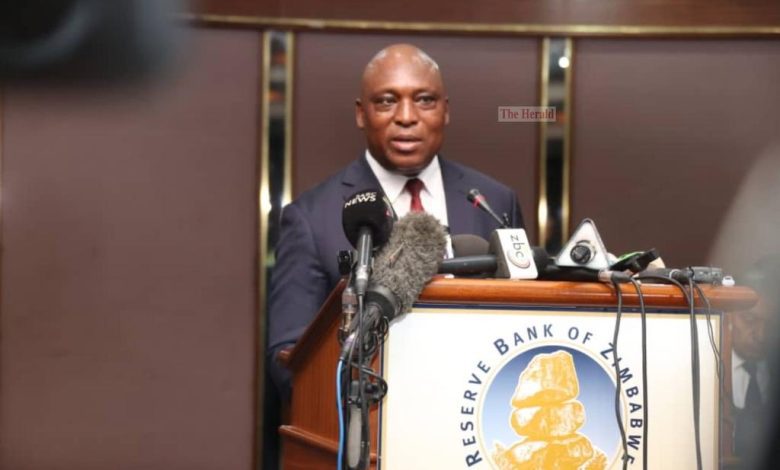Mid-Term budget, what to expect
Zimbabwe’s mid-term budget for 2022 is expected to be presented within the coming 15 days as the economy grapples with high levels of inflation and a runaway parallel market foreign currency exchange rate.
Finance and Economic Development Minister Mthuli Ncube is expected to deliver a rather quiet midterm budget by economists, but industry hopes there will be more incentives in order to cushion them from geopolitical effects.
Analyst Tafara Mtutu said, “I do not see anything new coming up in the statement and more of what will be said is what is expected, enough not to trigger any panic in the economy.”
Addressing the cost of fuel
The pump price of fuel at US$1,76 per litre for petrol and US$1,86 per litre for diesel makes Zimbabwean fuel the most expensive in Southern Africa while ranking it high amongst the most expensive in Africa.
Confederation of Zimbabwe Industries president Kurai Matsheza said, “The cost of fuel heavily feeds into the cost of production across every sector and reduces competitiveness for Zimbabwean products on the local market against imports. It means Zimbabwe will continue to be a lucrative destination market for merchandise produced in South Africa, Zambia and other SADC countries which are landing in the local market at cheaper prices than locally manufactured products.”
The government is making a giant killing on Import & Excise duty levied on fuel. Duty accounts for US$0.32 for every litre of fuel imported via the government owned pipeline and US$0.37 per litre for fuel imported through road haulage. The ZINARA Road levy (US$0.06), Debt Redemption Levy (US$0.057) which has been reduced twice, Carbon Tax (US$0.04) and other taxes are then added on top to take the total taxation to US$0.50 per every litre consumed locally.
Economist Professor Tony Hawkins on the price said, “The current taxation levels on fuel are excessive and not in sync with trends in the SADC market for landlocked oil importing countries such as Zambia, Swaziland and Malawi. As such, the budget needs to addressthe cost of fuel by reducing Import & Excise Duty paid on fuel to about US$0.20 per litre, Carbon Tax to US$0.01 and ZINARA Road Levy to below US$0.03 to manage the cost of production in the economy.”
IMMT Tax Review
The Intermediated Money Transfer Tax (IMTT) is a transaction tax accrued at various levels by businesses.
Treasury sees it as a way to tax the informal sector and get a slice of the sector in contributing to the country’s fiscus.
Chamber of Mines President Isaac Kwesu said since the tax is also levied on formal businesses that pay corporate tax, the budget should make the transaction tax be deductible from corporate tax or Value Added Tax (VAT) as is the case with other transaction taxes.
The argument is that this will provide relief to all hard pressed tax compliant businesses.
Incentivising exports
The country’s reliance on raw commodity exports is thwarting economic growth and diversification. Exporters pay up to 45 percent cumulatively in taxes and lose 20 percent of their real export earnings due to exchange rate disparities between the formal and parallel market rates.
“To provide incentives to exports, export surrender requirements need to be reviewed.
Exchange rate distortions are threatening the viability of manufactured exports,” Prof
Hawkins said on the issue.
“Treasury has no room to maneuver and I think they have already stretched as much as
they can on incentives. Some sectors have been given 100 percent retention ratio with
some now at 80 percent and I do not see them increasing that since they also need the
revenue,” Mtutu said.
Tax thresholds and civil service remuneration
Currently every formal working person is now being taxed as salary increments have led
them into higher tax brackets.
This then means that despite a salary hike, tax is equally deducting a big chunk leaving
the intended beneficiaries with little to take home.
It is viewed as a no-brainer that the minister should address the tax thresholds in order
to really increase the purchasing power of citizens which in result adds to overall
demand in the economy.
Economic analyst Tinevimbo Shava said, “There is now an urgent need to utilise foreign
currency tax revenues to award civil servants and pensioners a decent living wage that is
in sync with the actual cost of living (as measured by the government).
The low morale in the civil service is affecting service delivery across all government
departments and is entrenching a dangerous culture of corruption in the economy.”
Adding to the thought, economist Dr Chitambara said he believed the Minister will adjust
the tax threshold upwards in order to cushion employees as he has already adjusted their
salaries and plans to do so again very soon as negotiations are already underway.
The Minister is generally expected to keep his cool and show that he believes in
consistency to achieve his goals by not bringing any major policy changes.
Zimbabwe Congress of Trade Unions president Florence Taruvinga however said what is
key is not the review of the free threshold but for employees to be paid reasonable
salaries.
She said even if the tax free threshold is revised upward several times, the salaries might
still not be adequate to meet the day to day requirements of employees.
She said instead of pushing for a review of the tax free threshold, ZCTU is rather pushing
for the dollarisation of the economy.-eBusiness Weekly











